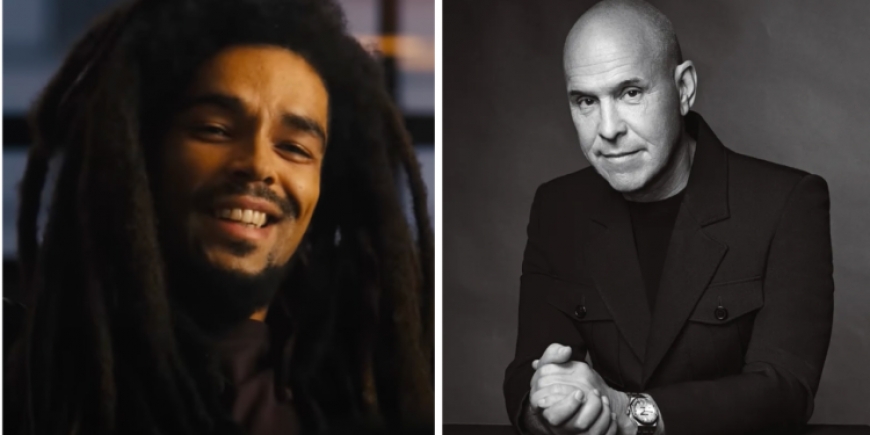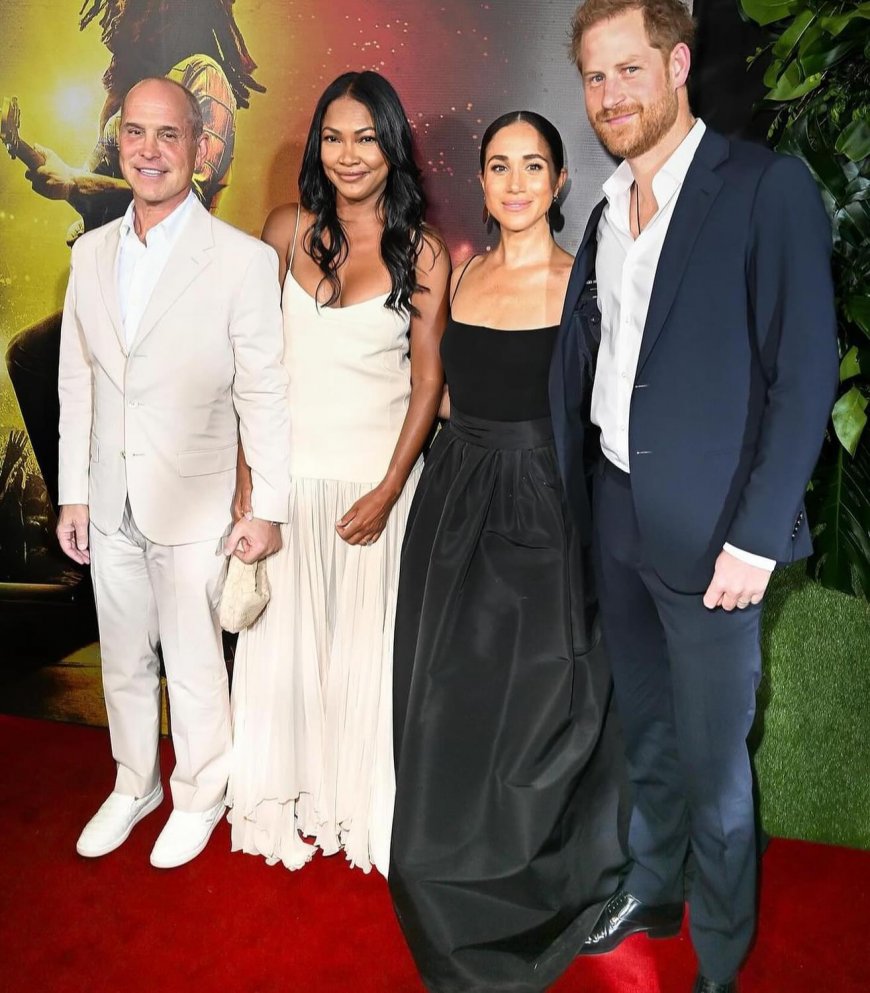2200 Jamaicans Were Employed To Bring Bob Marley's One Love Biopic to Life
Over 2,000 Jamaicans were directly employed in the cast and production of the “Bob Marley: One Love” biopic, according to the CEO of Paramount Pictures and Nickelodeon, Brian Robbins.

The highly anticipated biopic chronicling the life and music of reggae legend Bob Marley, Bob Marley: One Love, has generated significant buzz not only for its star-studded cast and captivating storyline, but also for its commitment to employing a primarily Jamaican crew. In a recent interview, Paramount Pictures boss Brian Robbins revealed that a staggering 2200 Jamaicans were involved in the production, infusing the film with an unparalleled authenticity and cultural richness.
A Casting Coup and Beyond

Choosing Kingsley Ben-Adir, a British actor of Nigerian and Trinidadian descent, to embody the iconic Marley initially raised eyebrows. However, Ben-Adir's undeniable talent and dedication to capturing Marley's essence silenced any doubts. But the casting choices went far beyond the lead role. Director Adewale Akinnuoye-Agbaje, himself of Nigerian descent, assembled a predominantly Jamaican cast and crew, ensuring the film's cultural accuracy and depth.
From Set Design to Soundtrack: Jamaican Expertise Shines
The film's production wasn't merely about casting; it was about immersing the audience in Jamaica's vibrant tapestry. Jamaican production designers recreated Marley's Trenchtown roots with meticulous detail, while costume designers sourced authentic fabrics and patterns to transport viewers to the reggae legend's era. The film's pulsating soundtrack, featuring renowned Jamaican musicians and Marley's original recordings, promises to be a sonic feast, further solidifying the movie's cultural authenticity.
More Than Just Numbers: Empowering a Community

The employment of 2200 Jamaicans wasn't just a statistic; it was a conscious effort to empower the local community and foster cultural exchange. The production provided invaluable training and job opportunities, injecting much-needed economic stimulus into Jamaica's creative sector. This commitment to inclusivity extends beyond the film itself, with Paramount Pictures partnering with Jamaican organizations to support music education and youth development initiatives.









